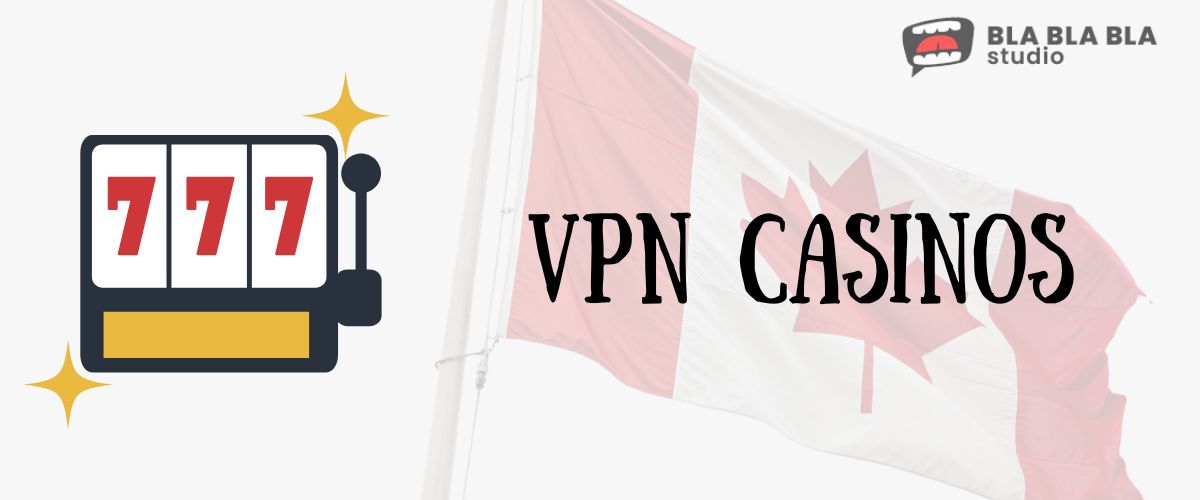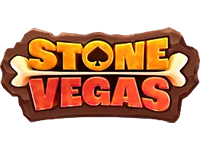Look, I’ll be straight with you about VPN casinos – they’re basically the online gambling equivalent of wearing sunglasses indoors. Sometimes you need them, sometimes they make you look suspicious as hell, and everyone pretends not to notice what’s really going on. After running BlaBlaBlastudios.com for years and dealing with more geo-blocked players than I can count, I’ve seen the good, the bad, and the absolutely ridiculous when it comes to VPN gambling.
Top online casinos 2025
Finding decent VPN-friendly casinos is like searching for a decent Tim Hortons coffee after midnight – theoretically possible, but you’re gonna have to dig through a lot of cr*p first. The landscape keeps shifting faster than Toronto traffic patterns, with some operators playing nice with VPN users while others treat them like they’re carrying the plague.

Most players don’t realize that not all VPN casinos are created equal. Some will take your money faster than a downtown parking meter, while others actually give a damn about providing a decent experience regardless of where your IP says you’re connecting from.
How do I test online casinos
After testing hundreds of these places (and losing more money than I care to admit in the process), here’s my no-BS approach to vetting casinos:
- License verification – I dig into their licensing like I’m investigating my neighbor’s loud parties. Malta Gaming Authority, Curacao, UK Gambling Commission – these aren’t just fancy letters on a website.
- Payment processing speed – Nobody wants to wait three weeks for a withdrawal like it’s 1995. I test both deposits and cashouts with real money because demo mode lies more than a politician during election season.
- Customer support responsiveness – I hit them with weird questions at 3 AM because that’s when you really need help. If they can’t handle “Why is my bonus acting like a moody teenager?”, they’re not worth your time.
- Game variety and quality – Cookie-cutter slot collections are about as exciting as watching paint dry in February. I look for providers that actually innovate instead of recycling the same fruit machine concepts from the stone age.
- VPN policy clarity – This one’s crucial. Some places claim to be VPN-friendly but will freeze your account faster than a Canadian winter if they detect proxy usage.
- Security measures – SSL encryption, two-factor authentication, and all that jazz. If they’re cutting corners on security, they’re probably cutting corners elsewhere too.

What is VPN casinos?
VPN casinos are online gambling platforms that either officially allow or turn a blind eye to players using Virtual Private Networks to access their services. Think of it as the digital equivalent of having a fake ID, except it’s not necessarily illegal – just complicated.
These casinos cater to players who live in regions where online gambling is restricted, heavily regulated, or just plain banned. Instead of playing geographical lottery with gambling laws, players use VPNs to virtually relocate themselves to friendlier jurisdictions. It’s like teleporting to Vegas without dealing with airline food and overpriced hotel rooms.
The whole concept exists because gambling regulations are messier than a toddler’s spaghetti dinner. What’s perfectly legal in Malta might get you a stern talking-to in other places, so VPN casinos fill that gap for players who want to spin slots without worrying about their local government’s opinion on their entertainment choices.
How does it work?
The mechanics are actually pretty straightforward, even if the legal implications make lawyers reach for extra coffee. You fire up your VPN, connect to a server in a gambling-friendly country, and suddenly your internet traffic looks like it’s coming from somewhere else entirely.
Most VPN casinos operate under licenses from jurisdictions like Curacao, Malta, or Gibraltar – places that have sensible gambling laws and don’t treat online poker like it’s smuggling contraband. When you register, the casino sees your VPN’s IP address instead of your real location, so everything appears kosher from their end.
The casino processes your registration, deposits, and withdrawals just like any other player. Some platforms are more VPN-savvy than others – the smart ones use geolocation tools that can detect VPN usage but choose not to enforce restrictions if you’re not from a blacklisted region.

Payment processing usually works through international payment providers who handle transactions in multiple currencies and don’t get their underwear in a twist about virtual locations. Cryptocurrency payments have made this even smoother since Bitcoin doesn’t care if you’re connecting from Mars.
Pros and cons
Advantages:
- Access to global casino markets without geographical restrictions
- Wider game selection from international providers
- Better bonus offers and promotions from competitive markets
- Privacy protection and anonymity while gambling
- Ability to shop around for better odds and terms
- Freedom from overly restrictive local gambling laws
Disadvantages:
- Legal gray areas that could bite you in the ass later
- Potential account closure if VPN usage is detected and prohibited
- Withdrawal complications if documentation doesn’t match your virtual location
- Higher risk of encountering unregulated or sketchy operators
- Technical issues with VPN connections affecting gameplay
- Possible conflicts with banking providers who flag international transactions
How to choose the best VPN casinos
- Research their VPN stance – Don’t assume silence means acceptance. Look for clear policies or community feedback about their actual practices versus their terms of service.
- Check licensing jurisdiction – Curacao and Malta licenses are generally more VPN-tolerant than others. Avoid places licensed in jurisdictions known for strict geo-blocking enforcement.
- Test their KYC process – Understand what documents they’ll eventually want and whether your real location will cause problems down the road.
- Verify payment methods – Make sure they support payment options that work with your actual location, not just your virtual one.
- Read player experiences – Forums and review sites are goldmines for real-world VPN casino experiences. Look for recent feedback, not ancient reviews.
- Start small – Don’t dump your life savings into an untested VPN casino. Test their processes with smaller amounts first.
Red flags to watch for
Even in the wild west of VPN gambling, some warning signs should make you run faster than a tourist from a Toronto street hot dog vendor. Casinos that change their terms of service more often than I change my socks are trouble. Same goes for places with customer support that vanishes quicker than free beer at a house party.
If their withdrawal process involves more steps than assembling IKEA furniture, or if they require documents that would make the CIA jealous, you’re probably dealing with a problem operator. Trust your gut – if something feels off about their VPN policies or general operation, there are plenty of other fish in the digital sea.
Bottom line on virtual gambling
The VPN casino game isn’t going anywhere, despite what regulators might wish. Players want access to quality gambling entertainment, and operators want customers – it’s basic economics with a side of technical creativity. Just remember that no verification casinos and instant play casinos often go hand-in-hand with VPN-friendly policies, but they also require extra due diligence on your part.
Stay smart, start small, and don’t bet more than you can afford to lose – whether you’re connecting from your actual location or virtually sipping piña coladas in Malta. The house always has an edge, but at least with VPN casinos, you get to choose which house you’re playing against.


































